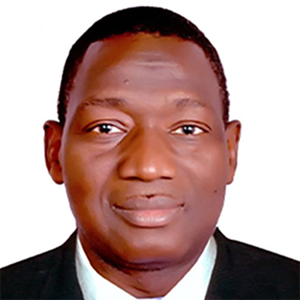Genetic Resources and Genebanks
Food security is one of the most critical global challenges. Given climate change and the ongoing loss of biodiversity, a transformation of agricultural and food systems is necessary to feed a rising world population. Genebanks, which have so far received little public attention, make an important contribution to this. Advances in agricultural productivity and food quality are due in large part to improved seeds. The demands on accessible seeds are changing in times of climate change, which means that corresponding criteria (e.g. tolerance to drought and heat) are becoming more important. Breeding new, more nutritious seeds that are better adapted to climate change requires recourse to the genetic diversity of crops and their wild relatives. This is endangered by the steady decline in agrobiodiversity in agricultural production systems. For example, the variety richness of agricultural fields worldwide has decreased by 90 % in the last 100 years. Genebanks preserve agrobiodiversity and make it available to breeders and other users.
On behalf of the FAO, the Global Research Partnership for a Food-Secure Future (CGIAR) operates international collections at 10 locations and preserves hundreds of thousands of samples in the form of seeds, tissue culture, tubers, cryopreserved samples, trees and plants in accordance with the International Treaty on Plant Genetic Resources for Food and Agriculture. The Global Crop Diversity Trust with its endowment fund has the task of maintaining these collections in perpetuity. During the session, the system of international collections and the role of the Crop Trust will be examined in more detail and selected examples of genebank work will be presented.

Felicitas Röhrig

















